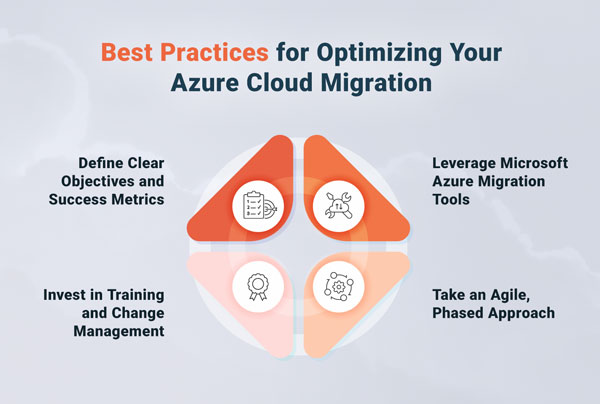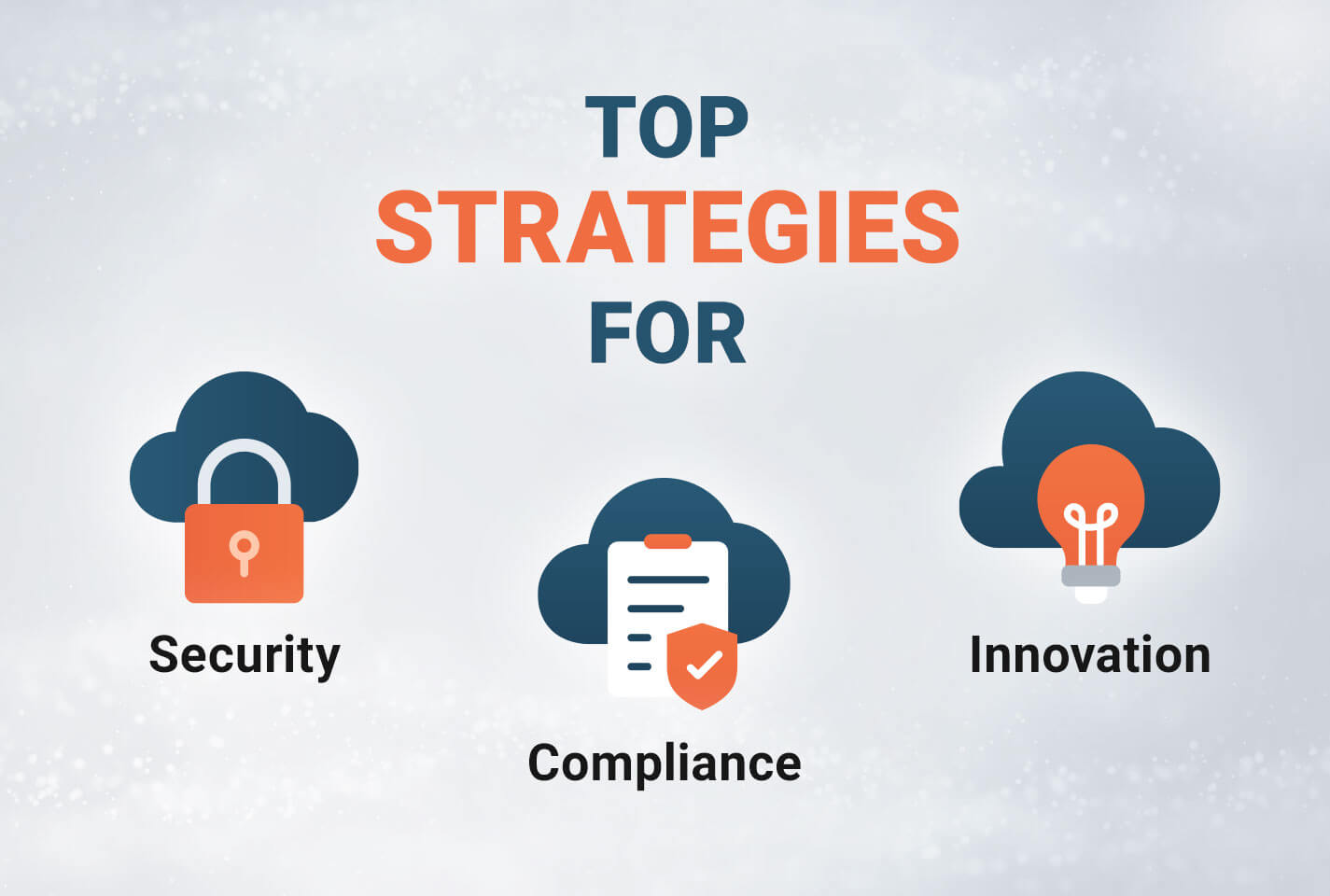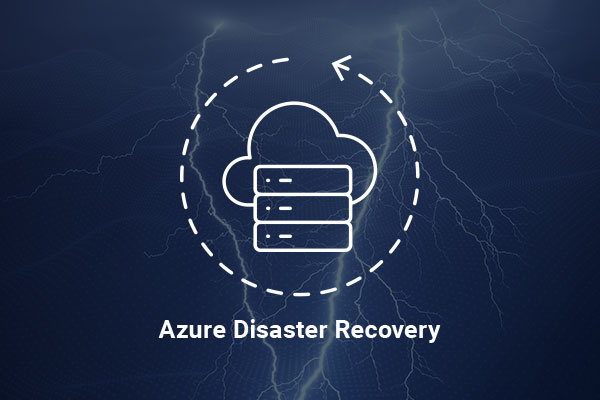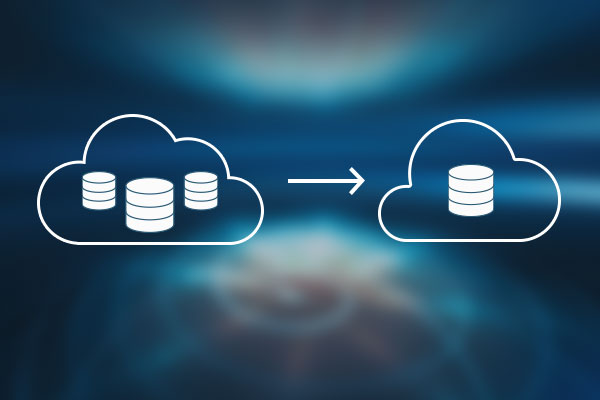Migrating from one cloud platform to another can be a complex and time-consuming process, particularly if you have a large and complex infrastructure. Goals for the migration may include a reduction in costs, access to more features, better performance or improved integration with existing systems or infrastructure. Regardless of the motivation, there are several key considerations to keep in mind when planning a cloud migration, including compatibility, data migration, networking, security testing and downtime.
And, there are specific challenges you may encounter:
- Compatibility: Not all cloud services have a direct equivalent in another platform. You will need to assess your current workloads and identify any dependencies or custom configurations that may require additional effort to migrate.
- Cost: Migrating to a new platform can involve significant upfront costs, including the cost of purchasing new resources and the time and effort required to migrate and test your workloads. It is important to carefully assess the total cost of ownership for both platforms and determine which one is more cost-effective for your needs and goals.
- Complexity: Migrating a large and complex infrastructure can be a daunting task, requiring significant planning and coordination. You will need to consider the impact on your existing workloads and ensure that have a robust plan in place to minimize downtime and disruptions.
- Security: Security is a top concern for most organizations, and it is important to ensure that your migration is secure and complaint with relevant regulations and standards. You will need to assess the security features and controls of both platforms and determine how to migrate your data and workloads in a secure manner.
- Staffing and expertise: Migrating to a new platform may require new skills and expertise, particularly if your organization is not already familiar with the new platform. You may need to invest in training or hire new staff with the necessary skills to support your migrated workloads. You will also need to assess whether or not a cloud center of excellence, if one does not already exist in your organization, would be helpful. To learn more about how to implement a cloud center of excellence, check out this post.
Often, working with an experienced partner is the best way to assess your readiness and strategy for the migration. To help you with this process, VIAcode offers a migration assessment that will help you be confident in your migration strategy. Click here for more information and to request your migration assessment.







